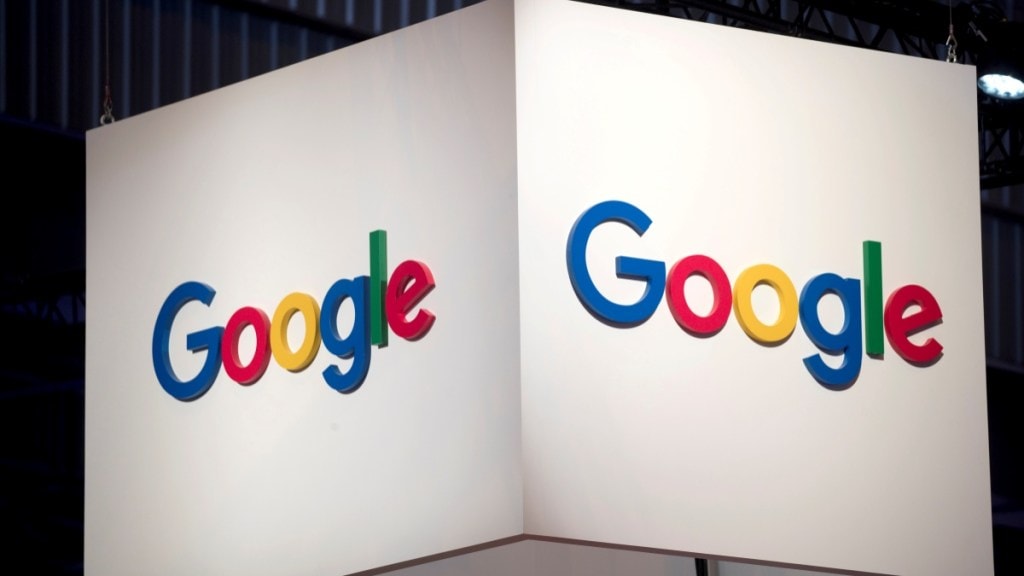In a world dominated by technology, artificial intelligence (AI) chatbots provide a respite amidst our hectic schedules. From deciding tonight’s dinner menu to completing our research papers, AI chatbots have been a help that we never knew we needed. However, to what extent can we depend on this tool for our work? Are we compromising between quality and efficiency?
Also Read: Android gets unknown tracker alerts feature: Everything to know
Well, for starters, AI chatbots won’t give you the absolute wrong answer. However, according to a recent BBC interview with Google UK Vice President Debbie Weinstein, one should have some scepticism about the accuracy of generative AI. Weinstein advises users to utilise Google Search to verify the accuracy of content produced by the Bard AI.
According to Weinstein, Bard should be viewed more as an “experiment” that is better suited for “collaboration around problem solving” and “creating new ideas.” It appears that Google had no actual intention of using the AI as a source for “specific information”. She advises using the thumbs up and thumbs down buttons at the bottom of generated content to provide comments to improve the chatbot, in addition to fact-checking any information provided by Bard. As per Bard’s website, “it has limitations and won’t always get it right, but doesn’t repeat Ms. Weinstein’s advice” to verify findings via Google Search, as noted by the BBC.
On the one hand, Debbie Weinstein offers some wise advice. It is extremely difficult for generative AIs to get things right. They have hallucinations, so when a chatbot generates text to match a prompt, it might produce completely erroneous information. Even two New York-based solicitors have run into difficulties because of this problem after using ChatGPT and presenting “fictitious legal research” that the AI mentioned.
Though, as individuals, we should always maintain our scepticism when using content generated by AI bots, given the fact that there is still a lot of room for improvement. However, such advice coming from Google UK’s VP is a matter of concern.
Also Read: Google redesigning Nearby Share to make file sharing easier
The problem is that Bard is really just a clever search engine. Being “a launchpad for curiosity” and a source of factual information is one of its key purposes. The key distinction between Bard and Google Search is that the former is more user-friendly. It is far more conversational, and the AI provides crucial context. Whether Google likes it or not, people will use Bard to do their research.
Follow FE Tech Bytes on Twitter, Instagram, LinkedIn, Facebook







